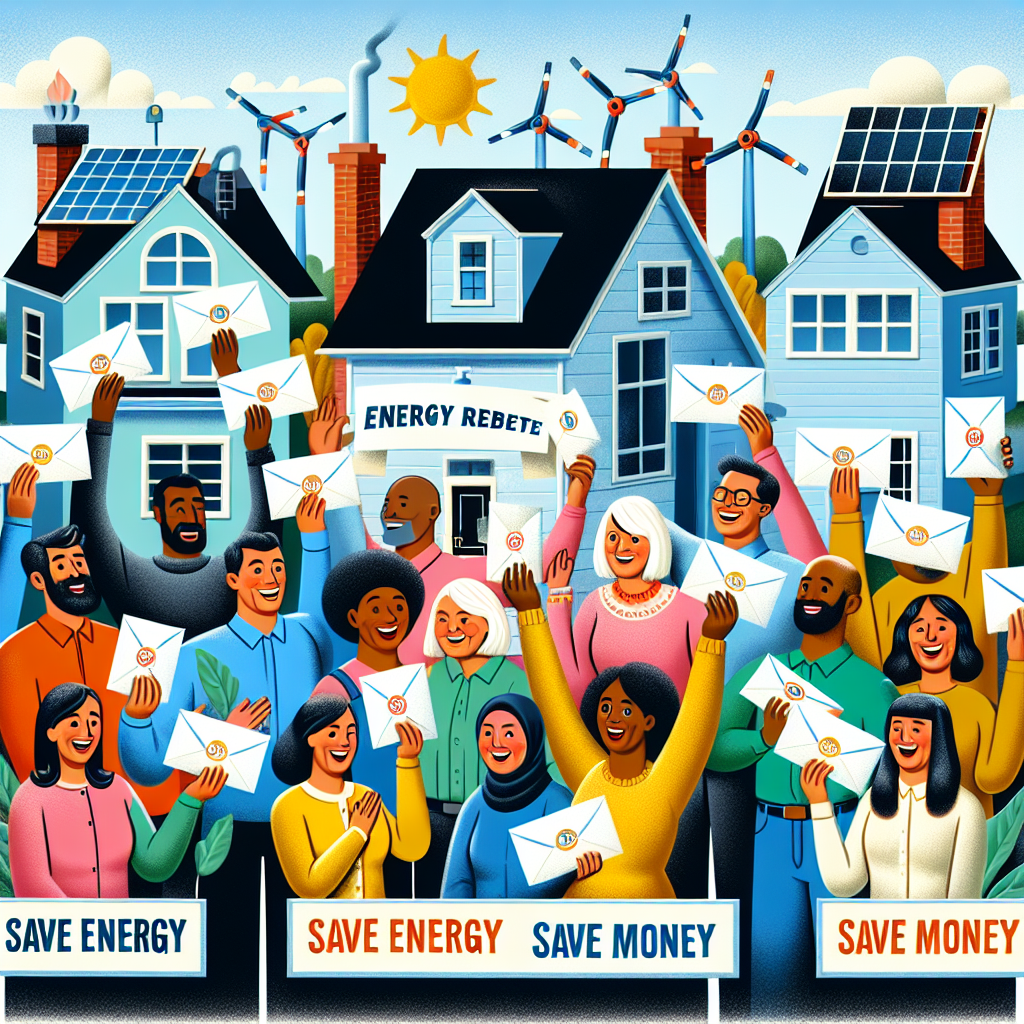
- ORIGINAL NEWS
Consumers may soon get access to a share of $8.8 billion in Inflation Reduction Act home energy rebates
- SUMMARY
The Inflation Reduction Act, a landmark climate change legislation, has earmarked billions for home energy rebates to encourage Americans to make their homes more efficient and reduce greenhouse gas emissions.
These rebates can amount to up to $14,000 or more per household.
The rebates are divided into two programs: 1.
**Home Energy Rebates program:** Rebates are based on the energy savings achieved by efficiency upgrades, with larger rebates for deeper cuts in energy use.
This program is available to all households, with higher amounts for low-income earners.
2.
**Home Electrification and Appliance Rebates program:** Rebates are provided for specific energy-efficient technologies and appliances, such as electric heat pumps and ENERGY STAR appliances.
This program is only available to low- and moderate-income households.
States must apply for the funding, and the first application (from New York) has been approved.
Many other states are expected to launch similar programs in the coming months.
Rebates vary by technology and income level.
For example, an electric heat pump for space heating and cooling can qualify for up to $8,000 under the Home Electrification program or up to $8,000 under the Home Energy Efficiency program (if the upgrade results in a 35% or greater energy saving).
States have flexibility in designing their programs, including potentially increasing the maximum rebates for low earners.
Rebates are intended to be delivered at the point of sale, either as discounts on purchase prices or rebates from contractors.
Consumers should check with their state energy agency for program details once they become available.
It’s important to note that rebates cannot be combined with existing state or local incentives.
By making homes more energy efficient, these rebates aim to save households money on energy costs while also reducing carbon emissions and contributing to climate change mitigation.
- NEWS SENTIMENT CHECK
- Overall sentiment:
positive
Positive
“The Inflation Reduction Act allocates $8.8 billion in total funding for consumers who make their homes more energy efficient.”
“Consumers can access up to $14,000 or more per household, and perhaps more in some states depending on the design of the program.”
Negative
“These details will vary by state, experts said.”
